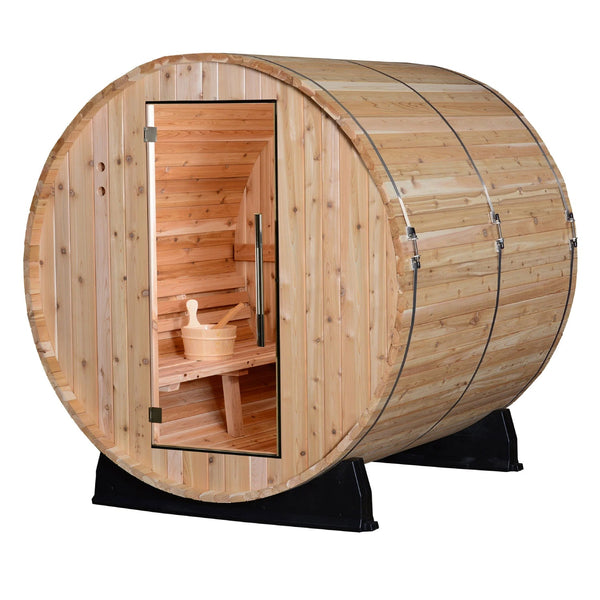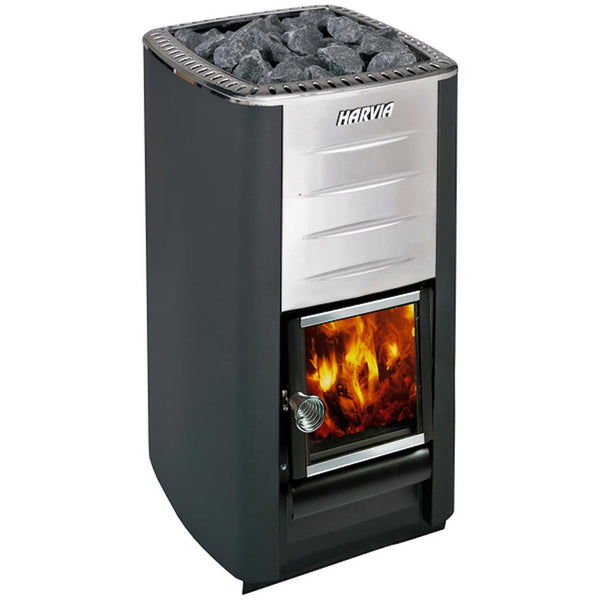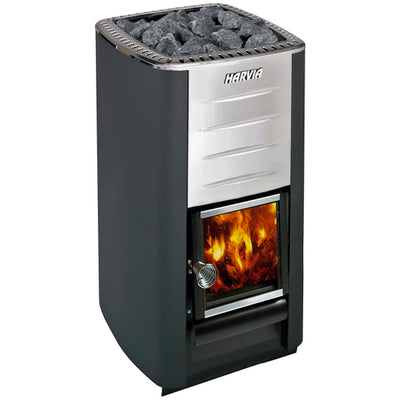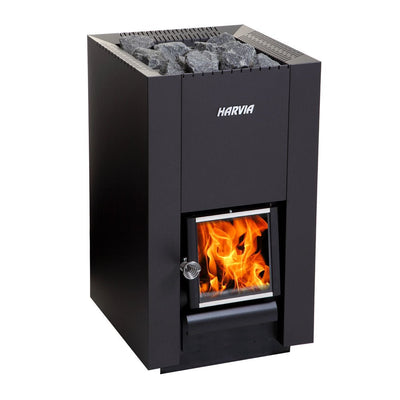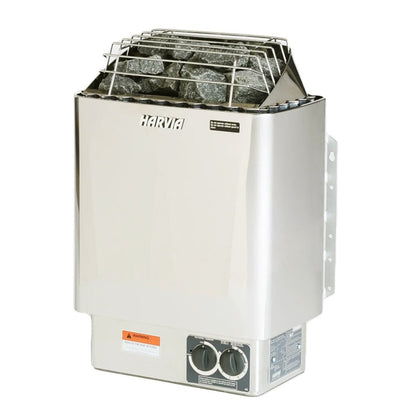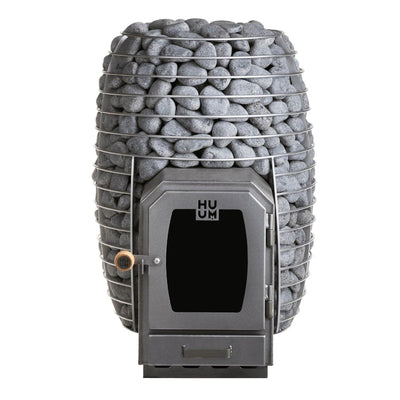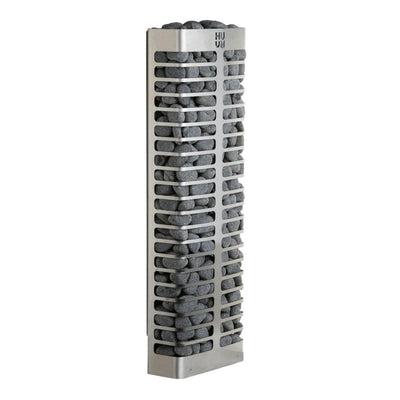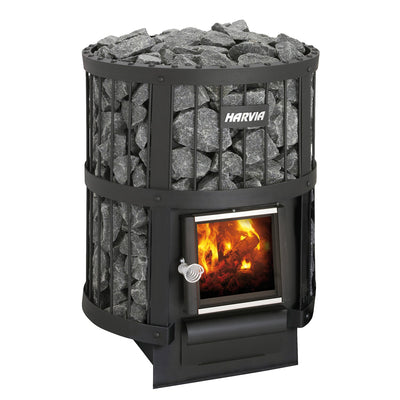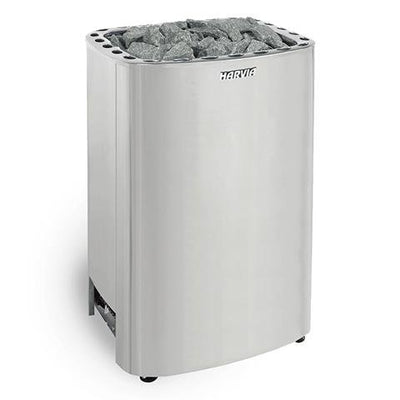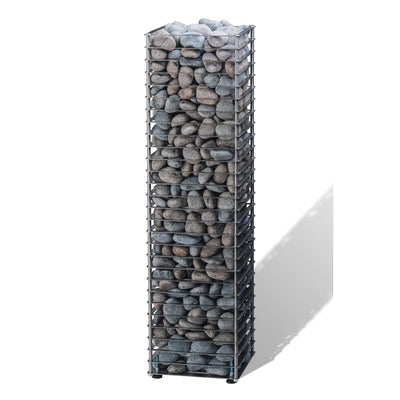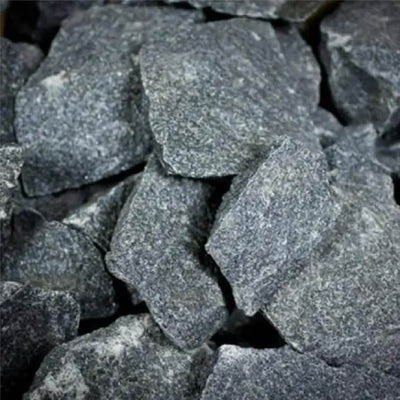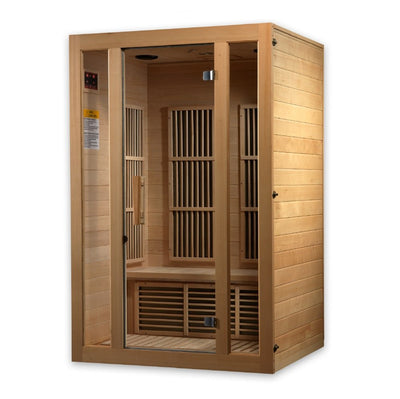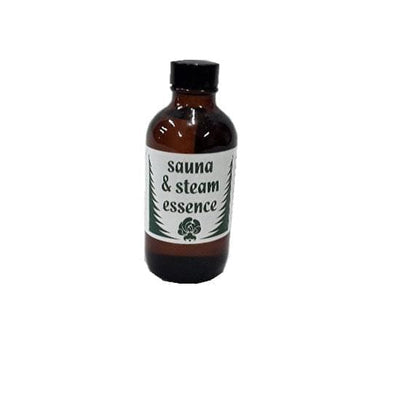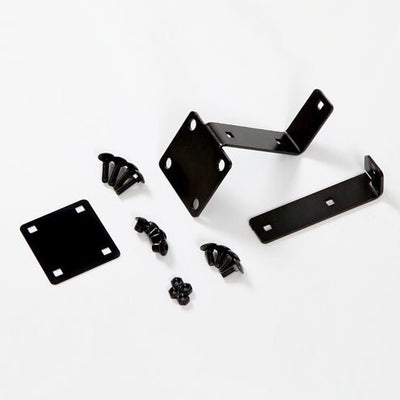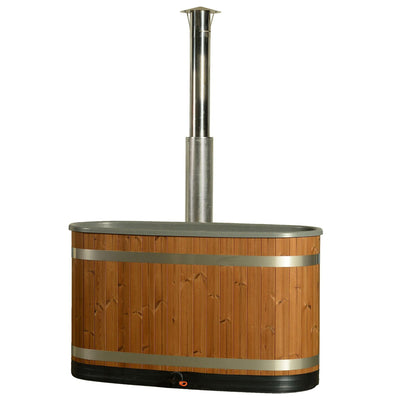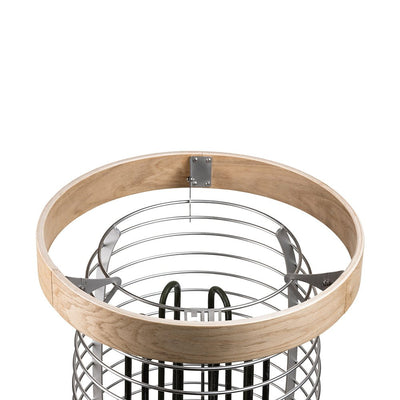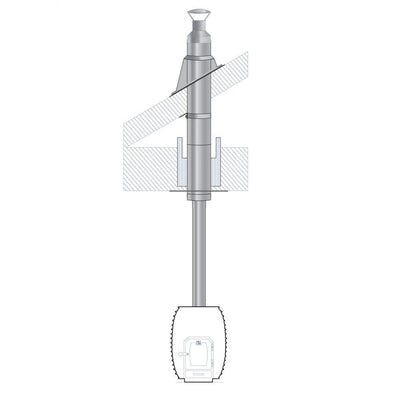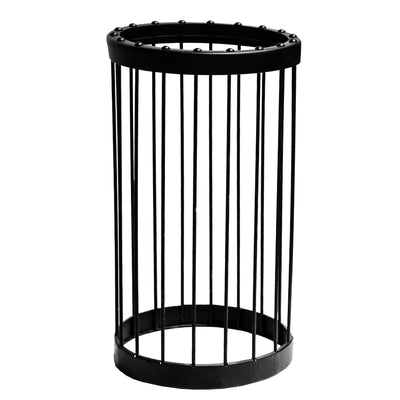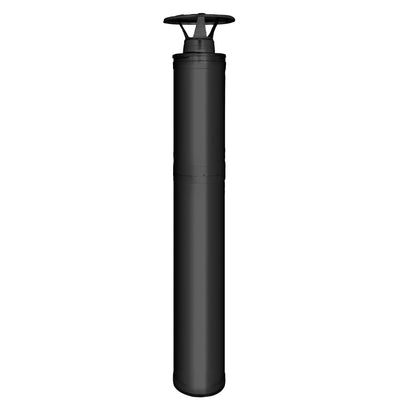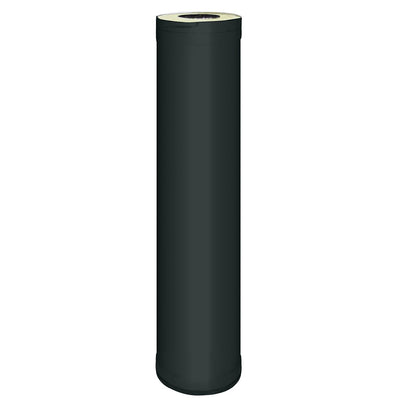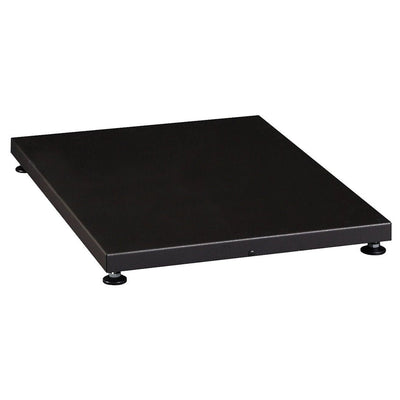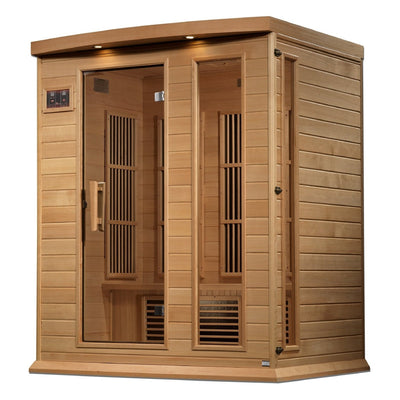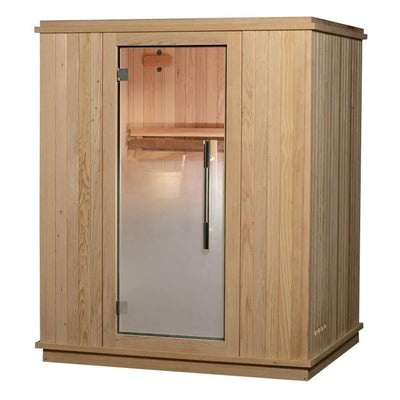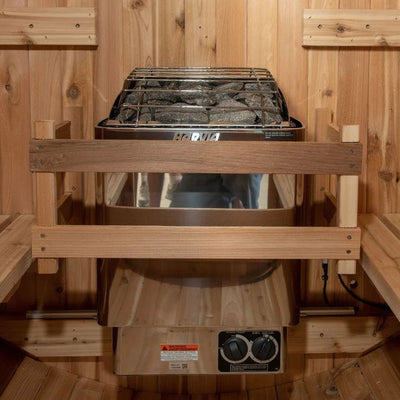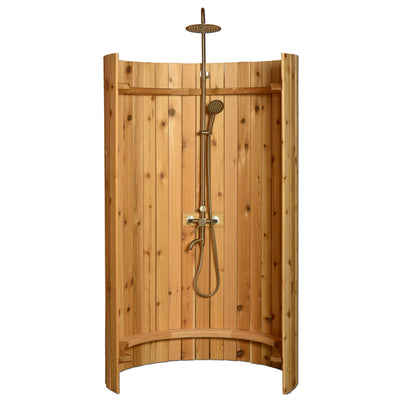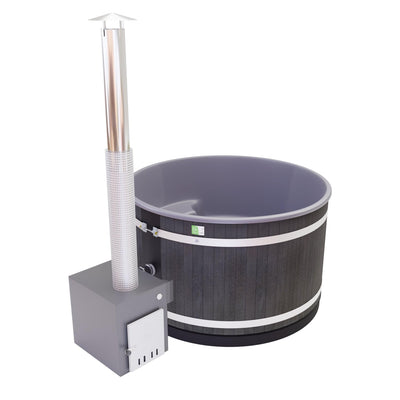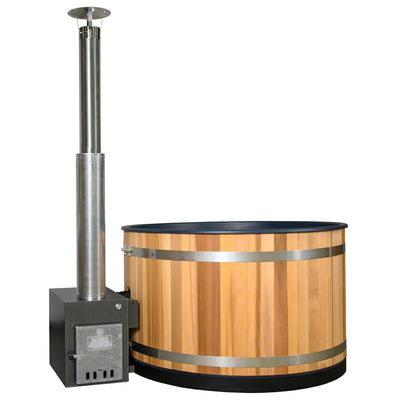
In today's fast-paced world, finding a moment for oneself, to relax and rejuvenate, is essential for maintaining overall health and wellbeing. One ancient practice that has stood the test of time, offering myriad health benefits, is the sauna.
Originating from Finland over 2,000 years ago, sauna use has become a global wellness trend, celebrated for its ability to enhance physical and mental health. The top benefits of using a sauna extend beyond mere relaxation, offering a range of health and wellness advantages.
Saunas work by heating the air around you, which in turn heats your body, inducing deep sweating and increasing your heart rate.
There are several types of saunas, like the traditional Finnish saunas and the infrared saunas, but the core principle remains the same: to expose your body to high heat to produce health benefits.
Traditional and infrared saunas create a controlled environment where the body is exposed to extreme heat, prompting these beneficial physiological changes. It's important to stay hydrated and limit sessions to a safe duration.
Now, let's delve into the top benefits of incorporating sauna bathing into your routine.
Improved Cardiovascular Health
Sauna bathing is akin to a gentle workout for your heart. The heat increases your heart rate, similar to moderate exercise, and can improve circulation.
Studies suggest regular sauna use is linked to a lower risk of cardiovascular diseases, including high blood pressure, coronary artery disease, and heart failure. Regular dry sauna bathing encourages blood vessels to expand, improving circulation and oxygenation throughout the body, thereby reducing the risk of cardiovascular disease.
Detoxification
One of the most touted potential health benefits of sauna bathing is its ability to promote detoxification. Sweating is a natural mechanism the body uses to cleanse itself, and the profuse sweating experienced in infrared or traditional saunas can help flush out toxins absorbed through food and the environment.
This process aids in detoxifying the skin and organs, leading to clearer skin, improved kidney function, and overall enhanced bodily functions.
A study looking at firefighters and how they reduce their exposure to harmful substances also found that sauna therapy helped them sweat out polycyclic aromatic hydrocarbons (PAHs), known carcinogens.
Stress Relief and Mental Health

Sauna sessions offer a tranquil retreat where you can disconnect from the stresses of daily life. The heat relaxes muscles, alleviates tension in the body, and can reduce the levels of cortisol, the body's primary stress hormone. This relaxation response can improve feelings of well-being, reduce anxiety, and promote a deeper, more restorative sleep.
Frequent sauna bathing may even protect your brain against the onset of psychotic disorders and improve symptoms of general depression and loss of appetite in mildly depressed patients.
Pain Alleviation and Muscle Recovery
Athletes and those suffering from chronic pain conditions such as arthritis can benefit greatly from sauna bathing regularly. The heat helps alleviate muscle soreness, reduce inflammation, and enhance healing.
For those engaged in intense physical activities, sauna baths can significantly reduce recovery time, allowing for more efficient muscle repair and growth.
Immune System Boost
Regular sauna bathing can also have a positive impact on your immune system. The increase in body temperature can simulate a fever, a natural defense mechanism against infections. This process can stimulate the immune system, enhancing its response to pathogens.
Improved Skin Health
The deep sweating achieved in a sauna can have profound effects on the appearance and health of your skin. It helps to remove dead skin cells, improve skin hydration, and unclog pores, reducing the incidence of acne and other skin conditions.
The increased circulation also promotes a healthy glow, giving your skin a rejuvenated and more youthful appearance.
Sauna Safety Tips: What Not to Do for a Beneficial Heat Experience

Sauna bathing is a time-honored tradition celebrated for its numerous health benefits, including relaxation, improved heart health, and detoxification. However, to fully enjoy the benefits and avoid potential risks, it's important to be aware of what not to do during your a sauna session.
Here are some crucial tips to keep in mind:
Avoid Overstaying
Time is of the essence when it comes to sauna use. Staying in a sauna too long can lead to dehydration, dizziness, or even heat exhaustion. Most health experts recommend between 15–20 minutes per session. Listen to your body—if you start feeling uncomfortable or too hot, it's time to step out.
Don't Ignore Hydration
The process of sweating in a sauna plays an important role in the body's natural mechanism to cool itself and expel toxins. However, this beneficial sweating also results in a significant loss of fluids.
To counteract the potential for dehydration, it's essential to prioritize hydration by drinking ample water both before entering the sauna and after concluding your session.
Drinking water will help restore your body's fluid levels effectively and ensure you stay hydrated, helping your body cool down and recover from the heat exposure. Remember, keeping your body properly hydrated is key to a safe and enjoyable sauna experience.
|
Health Fact: Alcohol, being a diuretic, leads to excessive urination and should therefore be avoided before and during sauna bathing sessions. |
Skip the Sauna if You're Unwell
If you're sick, particularly if you're experiencing a fever, it's advisable to steer clear of the sauna. Exposing yourself to the sauna's elevated temperatures can intensify your symptoms by further increasing your body temperature and placing additional stress on your system.
This heightened state not only risks worsening your health condition but also raises the possibility of transmitting infectious agents to others, turning a communal space into a hotspot for spreading illness.
Additionally, your body's efforts to combat the illness could be compromised, as the sauna's intense heat diverts energy away from the immune system's fight against pathogens.
Don't Wear Too Much Clothing
Saunas are designed for your skin to come into direct contact with the heat. Wearing too much clothing can trap heat and hinder your body's natural cooling process, making it difficult to regulate your temperature. Opt for a towel or swimwear that allows your skin to breathe.
Avoid Eating a Large Meal Beforehand

Entering a sauna on a full stomach can cause discomfort, indigestion, or even nausea due to the heat. It's best to wait at least an hour after a large meal before using a sauna. A light snack is fine, but avoid heavy, rich foods.
Stay Away from Intense Exercise Immediately Before
While some light stretching or yoga before a sauna bath can be beneficial, intense exercise can put additional strain on your body. Your heart rate is already increased from the workout, and the sauna will elevate it further, which can be a strain on your cardiovascular system.
Don't Ignore the Signs of Overheating
Listening closely to what your body tells you during and after a sauna bath is key to ensuring your experience remains beneficial and safe. Signs that it's time to exit the sauna include lightheadedness, experiencing nausea, or noticing an unusual level of sweating beyond what you might expect from a typical session.
These symptoms can be indicators that your body is struggling with the heat and needs a break.
Equally important is the process of cooling down after you've stepped out of the sauna. A sudden shift from the sauna's high temperatures to a much cooler environment can be a shock to your system, potentially leading to dizziness or feeling faint.
To mitigate this, it's advisable to cool down gradually. This could mean sitting in a room at a normal temperature for a few minutes, taking a warm (not cold) shower, or simply wrapping yourself in a towel and resting.
This gentle transition helps your body adjust back to its normal temperature regulation, ensuring you end your sauna bath feeling refreshed and rejuvenated, not stressed or overwhelmed.
Avoid Using Electronic Devices
Using smartphones or tablets in a high-temperature environment like a sauna room poses several risks and detracts from the experience. The sauna's intense heat is beyond the operating temperature range of most electronic devices, which can lead to battery damage, malfunctioning components, or even permanent damage to the device's internal circuits.
Moreover, a sauna bath offers a unique chance to step away from the constant connectivity and digital demands of everyday life. It's an opportunity to embrace the quiet, to reflect, or simply to enjoy the peace without distractions.
By leaving your devices outside while sauna bathing, you allow yourself to fully engage in the moment, making the most of the sauna's therapeutic effects on both mind and body.
Engaging with your devices can wait; the sauna is a sanctuary for personal well-being, inviting you to reconnect with yourself rather than the digital world.
|
Did You Know? Digital detox can significantly enhance the mental health benefits of sauna use, such as stress reduction and relaxation. |
Conclusion
The benefits of regular sauna bathing are extensive, touching on various aspects of physical and mental health. From improving your health health and aiding in detoxification to reducing stress and enhancing immune function, the sauna, whether it’s modern infrared saunas or traditional Finnish saunas, can be a powerful tool in your wellness arsenal.
As with any health practice, it's important to listen to your body and consult with a healthcare provider, especially if you have underlying health conditions. Incorporating sauna baths into your routine could be a transformative step towards a healthier, happier you.










